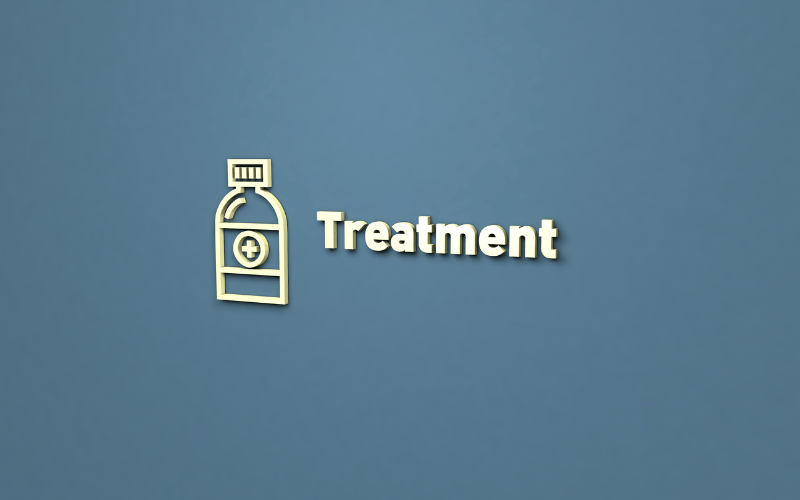Fact 6: Treatment Approaches

The treatment of sinusitis is multifaceted, involving a blend of medical interventions and lifestyle modifications. The choice of treatment largely depends on the type of sinusitis—acute or chronic—and the underlying cause. For acute sinusitis, usually resulting from a viral infection, the focus is on relieving symptoms and supporting the body’s immune response. On the other hand, chronic sinusitis may require a more comprehensive approach, often addressing underlying factors like allergies or structural abnormalities in the nasal passages.
The cornerstone of sinusitis treatment involves medications. For acute sinusitis, over-the-counter remedies like decongestants and pain relievers are commonly used to alleviate symptoms such as nasal congestion and facial pain. In cases where bacterial infection is suspected or confirmed, antibiotics play a crucial role. However, their use is selective and based on a doctor’s recommendation to avoid unnecessary antibiotic resistance. Nasal corticosteroid sprays are frequently prescribed for both acute and chronic sinusitis to reduce inflammation and swelling in the nasal passages.
Home remedies are vital in managing sinusitis, particularly in easing symptoms. Steam inhalation, saline nasal sprays or washes, and warm compresses can help clear nasal passages and reduce congestion. Additionally, staying hydrated and resting adequately supports the body’s healing process. For chronic sinusitis sufferers, environmental control measures like using a humidifier, avoiding allergens, and maintaining good indoor air quality can be beneficial. Lifestyle changes, such as quitting smoking and managing stress, also play a role in reducing the frequency and severity of sinusitis episodes.
When conservative treatments fail, especially in chronic or complicated cases of sinusitis, surgery may be considered. The most common procedure is functional endoscopic sinus surgery (FESS), which aims to clear obstructed sinuses, remove nasal polyps, and correct structural issues like a deviated septum. This minimally invasive surgery has a high success rate in improving symptoms and quality of life. Balloon sinuplasty, a less invasive option, involves using a small balloon to widen the sinus passages, facilitating better drainage.
The field of sinusitis treatment is continually evolving, with research focused on more effective and less invasive approaches. One area of interest is the use of biologics—medications targeting specific parts of the immune system—for patients with severe chronic sinusitis, particularly those linked to allergies or asthma. Personalized medicine, tailoring treatment to individual patient profiles, is also gaining traction. This approach considers the patient’s unique genetic makeup, lifestyle, and environment, offering a more targeted and effective treatment plan. (6)